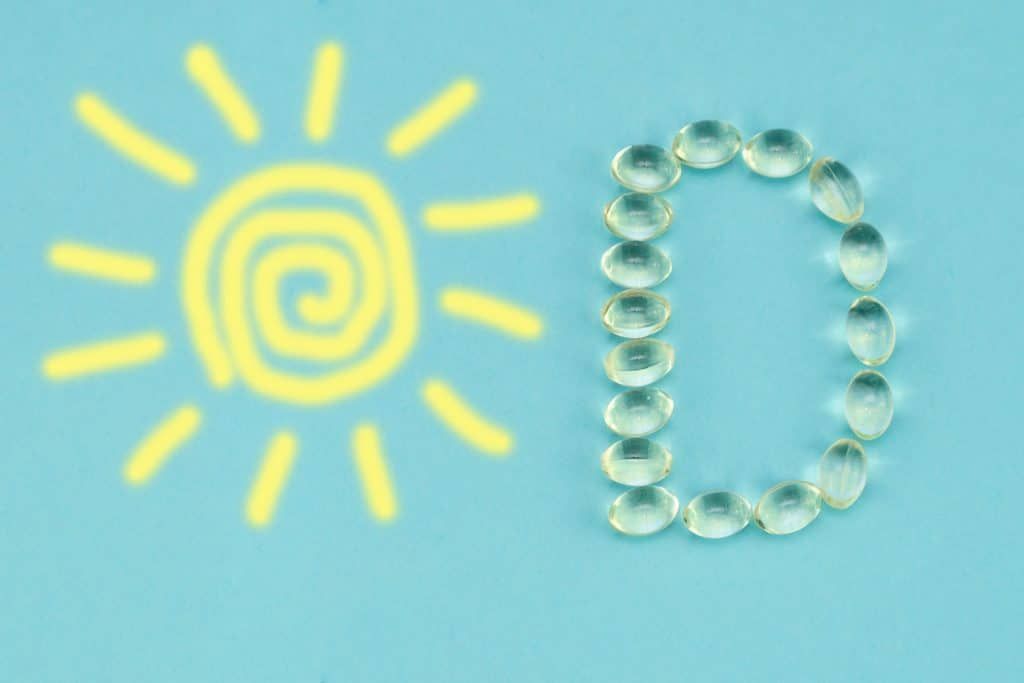How to tell if you are vitamin D deficient ?
The vitamin D is one of the most important micronutrients for the body, as it plays an essential role in bone development. It is mainly produced in the body from sunlight. But in some situations, the amount of stored vitamins is insufficient.
The consequences can be serious for your health, that is why it is necessary to recognize the signs of this deficiency.
The symptoms of a vitamin D deficiency
According to the World Health Organization, a person is subject to vitamin D deficiency when the level of vitamin D in the blood is below 20 nanograms. But this figure can only be discovered after an analysis by a doctor. On the other hand, there are other ways to recognize a vitamin D deficiency in the body.
Bone vulnerability
Vitamin D is very important for bone development. A person who is deficient in vitamin D may have weak bones. This can cause repeated fractures, joint pain or a loss of strength in the bones.
Muscle weakness
When you have a Vitamin D deficiency, you may experience more frequent muscle pain. You don’t have much strength for your daily exercises, even if you are motivated to do them.
Frequent cramps
By being deficient in vitamin D, the lubrication of your joints will be greatly impacted. This can cause cramps during your physical activities or incessant stiffness in the morning.
The feeling of chronic fatigue
Vitamin D is essential to facilitate the absorption of calcium by the body, but also of phosphorus. When this vitamin is not present in sufficient quantities in the body, it can lead to an intense fatigue effect in the person. The immune system will have more difficulty to function by losing energy.
Skin dryness
Few people are aware of the link between vitamin D deficiency and dry skin. Knowing that vitamin D plays a role in the hydration of tissues and the skin, skin dryness is not a surprise in case of deficiency.
Depression
The absence of sunlight in winter is known to cause a loss of enthusiasm in people. Less sunlight means less vitamin D in the body/the deficiency will reduce the production of dopamine and serotonin, hormones responsible for a good mood. A study in Austria found that depressed individuals have lower vitamin D levels than healthy people.
How to treat vitamin D deficiency ?
More than 50% of Europeans are now subject to a lack of vitamin D. Lack of sunlight and diet are among the main causes of this deficit. On the other hand, there are several Ways to correct this vitamin D deficiency.

Exposure to the sun
When you have a vitamin D deficiency, the best solution is to store this vitamin by staying in the sun. The sun’s rays that come into contact with the skin are synthesized and transformed into vitamin D.
- Stay in the sun for at least 15 minutes;
- Exposure to the sun at least 2 times a week;
- Exposure should be done between 11 am and 2 pm to absorb a maximum of UV rays;
- Preferably do not wear sunscreen;
- Leaving hands, forearms and face bare.
Watch your diet
It is necessary to strengthen the diet to obtain the minimum amount of vitamin D and treat deficiencies. Fish such as salmon, cod and trout are very rich in vitamin D. You can easily find these different species in the supermarket or at the local fish market. On the other hand, steamed fish is richer in vitamin D than grilled fish.
Take vitamin D supplements ?
In some cases, it is recommended to consume food supplements based on vitamin D. This supplementation is for example necessary for people over 65 years old. Moreover, this treatment will be useful to avoid various non vertebral fractures. For a post-menopausal woman, vitamin D supplementation is also advised if she is prone to deficiency.
People with dark skin and those who are overweight are often vitamin D deficient. It is then necessary to treat this lack with the appropriate vitamin supplements.
The consequences of a vitamin D deficiency
The lack of vitamin D in the body can cause the appearance of different types of diseases.
For deficient children, the most known consequence is rickets. This disease will promote a delay in growth, but also sleep disorders.
A lack of vitamin D will also lead to muscle weakness. This can be the cause of various falls. In addition, the decrease of this micronutrient can cause an abnormal reduction of strength and muscle mass.
But apart from these cases, vitamin D deficiency can be associated with other more serious pathologies such as Alzheimer’s disease, cardiovascular disorders, hypertension and cancer (of the breast or prostate).
